Under our current system, basic needs are fulfilled by purchasing goods and services. Production of goods and services are not organized according to human needs nor is ecological sustainability considered. Currently, production is organized by private economic interests, with the goal being profit maximization and capital accumulation. These profits are created by the exploitation of human labor and nature.
Capitalism incentivizes commodification, which is responsible for transforming people and nature into objects that are then bought and sold as commodities for profit. Currently, our most basic necessities of life, such as housing, transportation, utilities, health care, and food are largely commodified. Not every American has the privilege or opportunity to pay for these goods or services.
Access to food or housing is dependent on if you can afford it, not if you are hungry or in need of shelter. The current system doesn’t see these as basic rights of citizenship. Our most fundamental human and environmental rights are ignored and profits are the focus instead of people and nature.
There is a long history of the American government providing economic bailouts. During the Panic of 1792, the first significant intervention took place when Treasury Secretary Alexander Hamilton approved purchases to stop the collapse of the securities market. The government is frequently prepared to save private businesses when they are in trouble. The following situations from the previous century have had government intervention:
- The Great Depression
- The Savings and Loan Crisis
- The conservatorship of Fannie Mae and Freddie Mac
- The collapse of Bear Stearns
- The rescue of American International Group (AIG)
- The COVID-19 pandemic
Please note, the list above provided resources to corporations for private interest, not directly to the American people. Nationalization is the process of taking privately-controlled companies, industries, or assets and putting them under the control of the government.
Expropriation, also known as eminent domain, is the power of the government to seize property for certain public reasons. Eminent domain is a more recent historical development than expropriation and differs from it in both intent and scope (such as the construction of roads, reservoirs, or hospitals).
Both Democratic and Republican administrations have used nationalization and its variations, occasionally to great success. Shermans’ administration is going to concentrate on the energy and utility sectors. By decommodifying utilities, the Sherman Administration will liberate the American people and places from being dependent on the commodity of basic needs.
This change prioritizes more democratic and publicly-owned options over private, profit-oriented ones. What this means is that there will no longer be residential utility bills, including your electric/water and internet bill. These are considered basic necessities for all people and will be paid for collectively within the tax budget. Under the Sherman administration we will be nationalizing some major utility companies and corporations to implement this policy.
